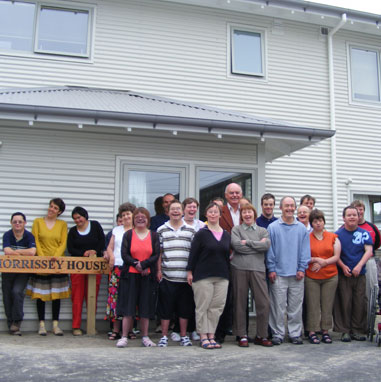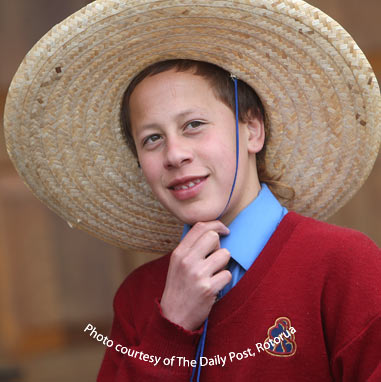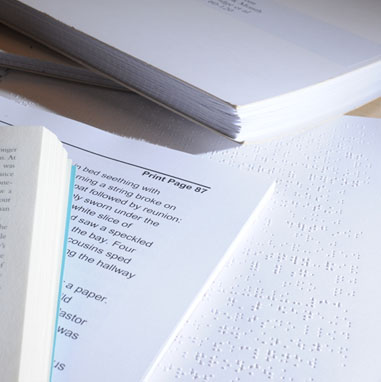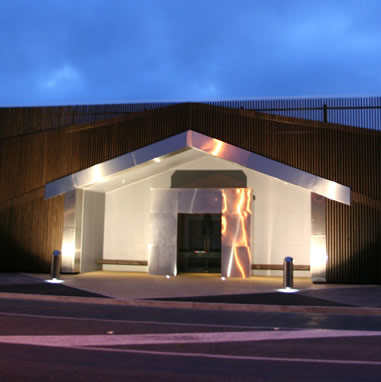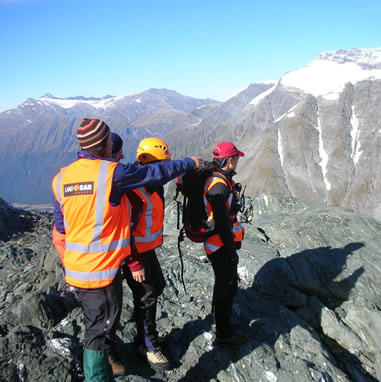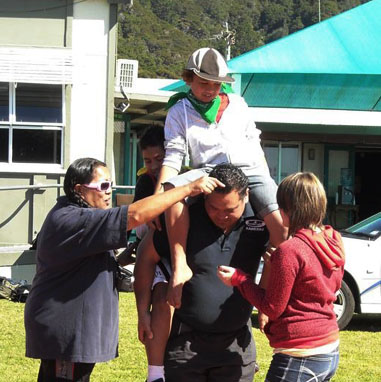A $2905 grant made to Hohepa Canterbury, a provider of residential services for intellectually disabled adults, will fund a native garden at its farm which all of its residents will be able to access and enjoy.
Raymond Eberhard, General Manager Hohepa Canterbury, says the farm is a special place for all of its residents. “We have many residents and day users who enjoy the freedom and peace of our farm. Some like to potter in gardens and grow veggies or flowers for use in their homes, others like to relax in the quiet or just wander about,” he says.
The grant will cover the cost of installing paths throughout the garden so that wheelchair bound residents will be able to access it.
Hopeha Canterbury was established in 1965 as a home school for children with intellectual disabilities, today it works to ensure its 70 residents can experience and participate in a happier life. The residents come from across the South Island and live at one of the two campuses in Barrington and Halswell.
